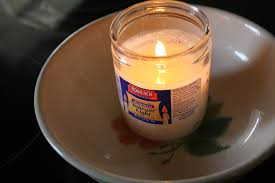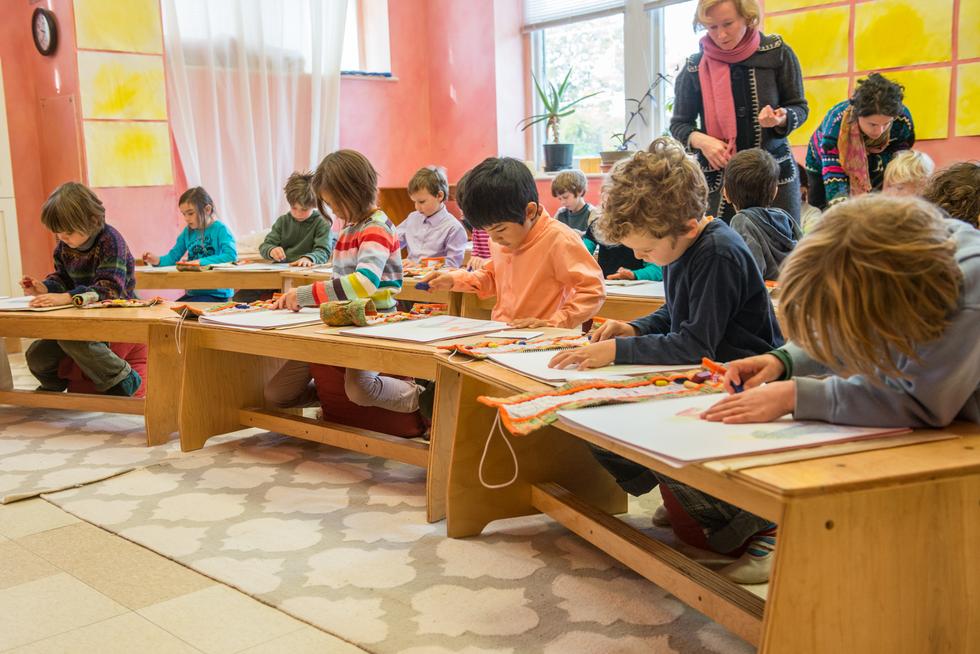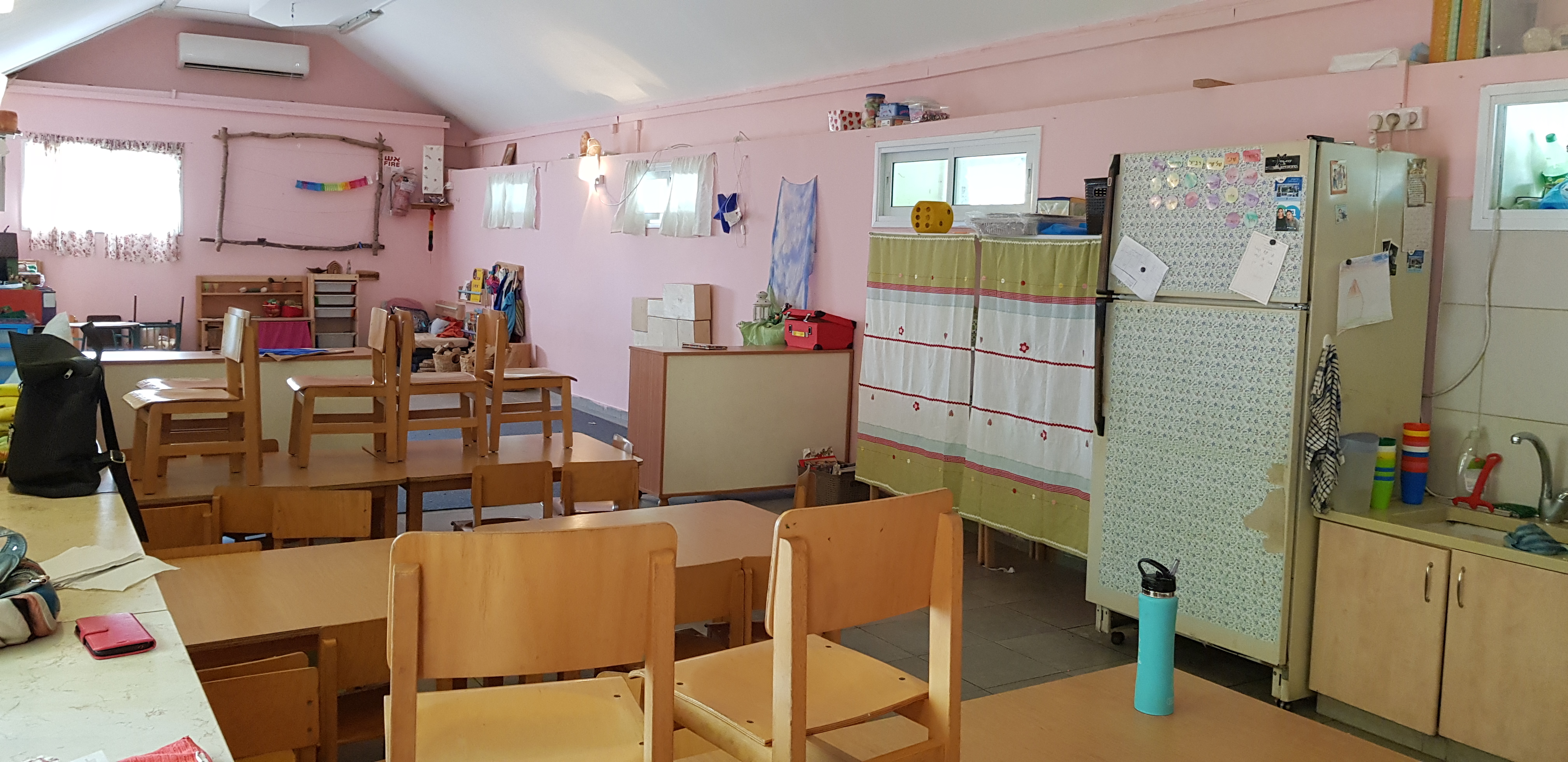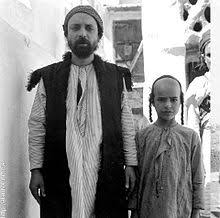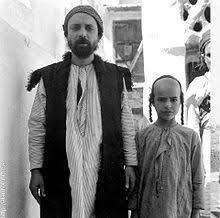An Oasis in the Desert : The Story of Mitzpe Yericho
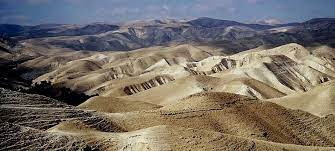
As we drive up the main road of Mitzpe Yericho, with olive trees surrounding us on both sides, I am full of hope. Searching for a community can be daunting, and at last my husband Eliyahu and I agree that this yishuv we are visiting feels like home. Perhaps we are coming full circle as we got married in Mitzpe Yericho’s wedding hall, Nof HaYarden. Funny, though – at the time, we did not even consider living in Mitzpe, as it is fondly called.
Eliyahu points out the significance of Mitzpe Yericho. A mitzpe is a lookout; this yishuv lies on top of a mountain overlooking the ancient city of Yericho a few kilometers away. Nowadays, Yericho is an Arab city known for its casino, and Jews are not allowed to live there. But its history goes back to the times of Yehoshua, when Bnei Yisrael entered Eretz Yisrael and miraculously conquered the city.

